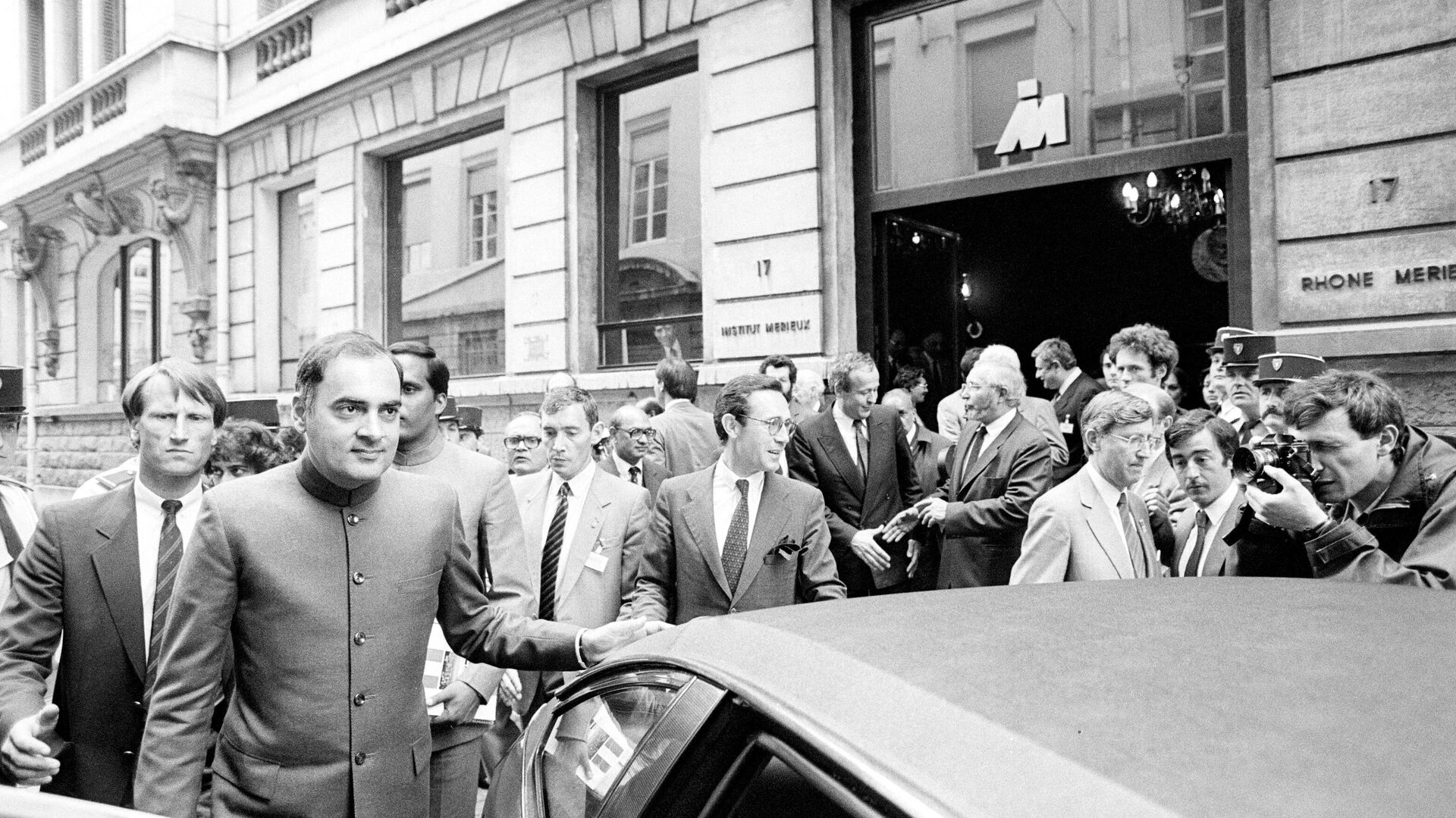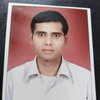Assassination of Former Indian PM Rajiv Gandhi: Investigation, Trial, Convictions
13:36 GMT 18.11.2022 (Updated: 15:13 GMT 18.11.2022)

© AFP 2023 / GERARD MALIE
Subscribe
Rajiv Gandhi, India's youngest prime minister, took over the country's reins in 1984 after his mother - former prime minister Indira Gandhi - was assassinated by her bodyguards. A few years later, in May 1991, Rajiv was himself killed in Sriperumbudur town of southern India's Tamil Nadu state.
Former Indian Prime Minister and Congress leader Rajiv Gandhi was assassinated by a Liberation Tigers of Tamil Eelam (LTTE) suicide bomber on the night of 21 May 1991.
The LTTE was a Tamil militant group that had its base in north-eastern Sri Lanka and fought an armed civil war against successive governments for the creation of an independent Tamil state.
Gandhi's assassination came against the backdrop of his decision to intervene in the Sri Lankan civil war fought between the LTTE and the neighboring country's military.
After the signing of the India-Sri Lanka accord in 1987, the Indian Peace Keeping Force (IPKF) was deployed to the island for peacekeeping purposes in the year 1987.
However, the trigger for the LTTE's plan to kill Gandhi was the prospect that he might return as head of the Indian government after the 1991 national elections.
It is worth noting that the IPKF's mission in Sri Lanka ended in 1990, but the LTTE moved forward with their plan to eliminate Gandhi as the militant organization's Velupillai Prabhakaran considered the Indian PM as their "enemy number one" according to an India Today report at the time.
However, the trigger for the LTTE's plan to kill Gandhi was the prospect that he might return as head of the Indian government after the 1991 national elections.
It is worth noting that the IPKF's mission in Sri Lanka ended in 1990, but the LTTE moved forward with their plan to eliminate Gandhi as the militant organization's Velupillai Prabhakaran considered the Indian PM as their "enemy number one" according to an India Today report at the time.
Who Were Rajiv Gandhi's Assassins?
Dhanu, a woman suicide bomber, approached Rajiv Gandhi during an election rally on 21 May 1991 in Sriperumbudur but a policewoman forbade her to get close. However, on Gandhi's insistence, Dhanu was permitted to get near him.
Moments later, she blew herself up, killing Gandhi, and 14 others.
Besides Dhanu, the four other members behind Rajiv Gandhi's assassination were Shivarasan, Nalini, Shubha, and Haribabu.
A crime branch team of the state's Criminal Investigation Department was initially formed to investigate the case. But subsequently, India's top investigative agency, the CBI, took over in June that year.
Of these five, only Nalini was caught alive by the Indian police. Haribabu and Dhanu died in the suicide blast and two others committed suicide.
Besides Dhanu, the four other members behind Rajiv Gandhi's assassination were Shivarasan, Nalini, Shubha, and Haribabu.
A crime branch team of the state's Criminal Investigation Department was initially formed to investigate the case. But subsequently, India's top investigative agency, the CBI, took over in June that year.
Of these five, only Nalini was caught alive by the Indian police. Haribabu and Dhanu died in the suicide blast and two others committed suicide.
Conviction in Gandhi's Assassination
Other than Nalini, 25 others were found guilty of facilitating the assassination of Gandhi and were sentenced to death by an anti-terrorism court in Chennai city in 1998.
However, following appeals in the Supreme Court, 19 of the 26 convicts were acquitted in 1999.
Furthermore, the death sentences of three convicts Jai Kumar, Robert Pias, and Ravi Chandran were commuted to life imprisonment by India's top court. However, the Supreme Court upheld the death sentences of the other four, namely Nalini, her husband Murugan, Santhan, and AG Perarivalan.
In 2014, the death sentences of the four mentioned above were also commuted to life imprisonment after appeals from Sonia Gandhi and Rajiv's children -- Rahul Gandhi and Priyanka Gandhi Vadra.
However, following appeals in the Supreme Court, 19 of the 26 convicts were acquitted in 1999.
Furthermore, the death sentences of three convicts Jai Kumar, Robert Pias, and Ravi Chandran were commuted to life imprisonment by India's top court. However, the Supreme Court upheld the death sentences of the other four, namely Nalini, her husband Murugan, Santhan, and AG Perarivalan.
In 2014, the death sentences of the four mentioned above were also commuted to life imprisonment after appeals from Sonia Gandhi and Rajiv's children -- Rahul Gandhi and Priyanka Gandhi Vadra.
Dispute Over Convicts Release
After their conviction, a large section of people in Tamil Nadu came out in support of the convicts, including the state's two main parties -- the Dravida Munnetra Kazhagam (DMK), and All India Anna Dravida Munnetra Kazhagam (AIADMK).
As support for the convicts grew among the general public, the Supreme Court in May this year ordered the premature release of Perarivalan from jail.
And earlier this month, it released the remaining six convicts as well, including Nalini Sriharan and her husband V Sriharan, who was known by his alias Murugan.
The case, however, has taken another turn as the government led by Prime Minister Narendra Modi has filed a review petition in the Supreme Court, opposing the convicts' release.



